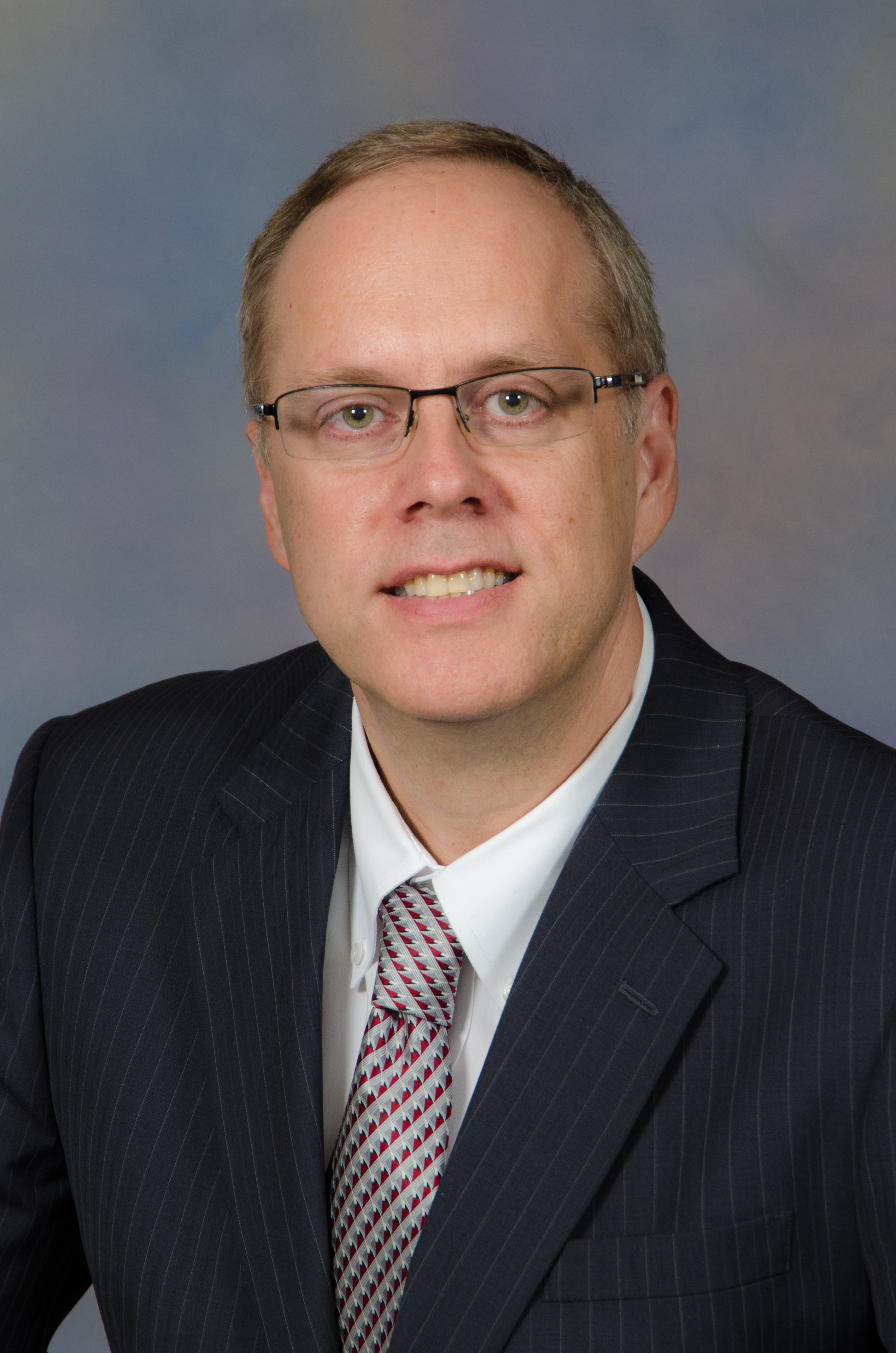John G. Harris
“The Internet of Things Revolution”
Thursday, Sept. 6, 6:00 pm
Pugh Hall Ocora
Abstract
 By connecting many billions of smart devices, the internet of things (IoT) will transform how we live, learn, work and play. Welcome to the next industrial revolution, soon to become a multi-trillion-dollar industry. IoT will soon impact every aspect of human life. Current research includes wearable medical devices, the smart grid, autonomous vehicles, and personalized education. The resulting data tsunami from billions of connected devices will fuelfuture artificial intelligence-driven applications that are yet to be invented or even imagined. In addition to the myriad of technical challenges, the IoT revolution needs policy makers to confront multiple issues involving ethics, physical safety, cybersecurity, and data privacy.
By connecting many billions of smart devices, the internet of things (IoT) will transform how we live, learn, work and play. Welcome to the next industrial revolution, soon to become a multi-trillion-dollar industry. IoT will soon impact every aspect of human life. Current research includes wearable medical devices, the smart grid, autonomous vehicles, and personalized education. The resulting data tsunami from billions of connected devices will fuelfuture artificial intelligence-driven applications that are yet to be invented or even imagined. In addition to the myriad of technical challenges, the IoT revolution needs policy makers to confront multiple issues involving ethics, physical safety, cybersecurity, and data privacy.
With generous support from its alumni, the University of Florida is positioning itself as an emerging leader in IoT. UF is already a leader in many of the core technologies underlying IoT, including: sensor design, communications, embedded processing, cybersecurity, cloud computing and artificial intelligence. The newly formed Warren B. Nelms Institute for the Connected World leverages these existing technical strengths and, with the help of UF’s policy experts, will become the focal point for UF’s research and education in all aspects of IoT. UF is now in the driver’s seat to lead the IoT revolution.
Biography
Dr. John G. Harris earned his BS and MS degrees in Electrical Engineering from MIT in 1983 and 1986. After a year of working at the Hughes Research Labs (HRL), Dr. Harris joined the first entering class of graduate students in the interdisciplinary Computation and Neural Systems Program at Caltech. He earned his PhD in 1991 and then worked as a post doc at the MIT Artificial Intelligence Lab. Dr. Harris joined the Electrical and Computer Engineering (ECE) Department at UF in 1993. For his research, Dr. Harris develops biologically inspired circuits, architectures, and algorithms for signal processing. He leads the Hybrid Signal Processing Group in studying biologically inspired circuits, architectures, and algorithms for signal processing. He has published over 200 research papers and patents in this area. In August of 2011, Dr. Harris became the chair of the ECE department at the University of Florida.
More information on the event is available on the Bob Graham Center website.

